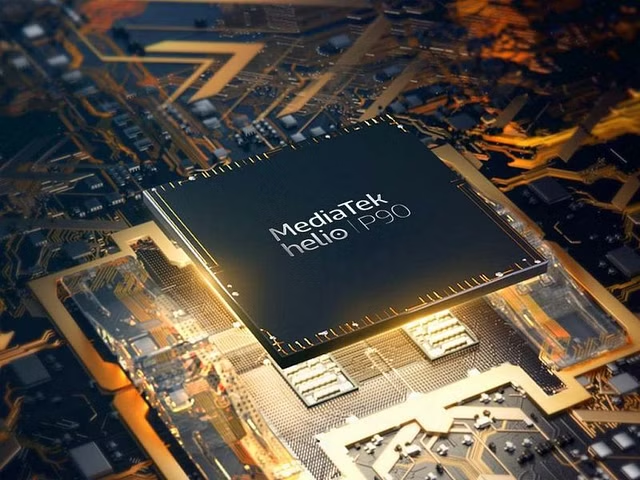(toc)12
Mobile processors are becoming more advanced, with 6nm and 4nm chips taking the spotlight. If you're into gaming or multitasking on your phone, you might wonder which processor is better for your needs. This article will break down the differences between 6nm and 4nm processors to help you choose the right one, especially for Indian users who want better performance and value for money.
What Does 6nm and 4nm Mean?
Before diving into the details, let's understand what nm (nanometers) means. It measures the size of the transistors inside the chip. Smaller numbers like 6nm or 4nm mean smaller transistors, leading to better efficiency and performance. In simple terms:
- Smaller nm size = Better performance and lower power consumption.
Key Differences Between 6nm and 4nm Processors
| Features | 6nm Processor | 4nm Processor |
|---|---|---|
| Technology | Older, more stable | Newer, cutting-edge |
| Power Efficiency | Good, but not the best | Excellent, uses less battery |
| Performance | Fast, suitable for regular use | Faster, ideal for high-end gaming |
| Cost | Cheaper | More expensive |
1. Performance: Which is Faster?
4nm processors are the newer technology, which means they offer faster speeds compared to 6nm processors. This is important if you're playing graphic-heavy games or running multiple apps at once.
- 4nm processors can handle more tasks without slowing down.
- 6nm processors are still good for everyday use, but may struggle with demanding games.
So, if you're into gaming, a 4nm processor is a better choice because of its faster performance.
2. Power Efficiency: Which Saves More Battery?
One of the biggest benefits of 4nm processors is their ability to save battery. Because the transistors are smaller, the processor uses less energy. This means your phone will last longer on a single charge compared to a phone with a 6nm processor.
- 4nm processors are more efficient for longer battery life.
- 6nm processors still offer decent power efficiency but might drain the battery faster during heavy tasks like gaming or video editing.
3. Cost: Which is Cheaper?
When it comes to price, 6nm processors are generally cheaper. This is because they use older technology, which makes them more affordable to produce. 4nm processors are more expensive because they are newer and offer better performance.
- If you're on a budget, a 6nm processor phone could be a good option.
- If you're willing to spend more for better performance and longer battery life, go for a 4nm processor.
Which One is Best for Gaming?
For gaming, the clear winner is the 4nm processor. It provides better graphics performance, faster speeds, and improved power efficiency. This means smoother gameplay with fewer lags, even in high-end games.
However, if you are not a hardcore gamer and only play casual games, a 6nm processor will be enough for you.
Other Performance Factors to Consider
- Multitasking: If you frequently switch between apps, a 4nm processor will handle it more smoothly without slowing down your phone.
- Heat Management: 4nm processors generate less heat because they are more efficient, making your phone stay cooler during heavy use.
- Future-Proofing: 4nm processors are newer, which means they'll likely support upcoming apps and games better than 6nm processors.
Which One Should You Choose?
When choosing between a 6nm and 4nm processor, consider your priorities:
If you want top performance, especially for gaming or multitasking, go for a 4nm processor. It offers faster speeds, better battery life, and will be future-proof for upcoming apps and features.
If you're looking for a budget-friendly option that still offers decent performance for everyday tasks, a 6nm processor will do the job. It may not be as fast, but it's more affordable.
Conclusion: Which is Better?
In conclusion, the 4nm processor wins when it comes to performance, battery life, and gaming. However, if you're looking for a more budget-friendly option and don’t need the latest features, a 6nm processor is still a solid choice for everyday use.
Both processors have their own strengths, so your choice should depend on your usage needs and budget. If you want to explore phones with these processors, check out this list of 4nm processor phones and 6nm processor models here.
By understanding these differences, you can make the best decision for your next smartphone!





